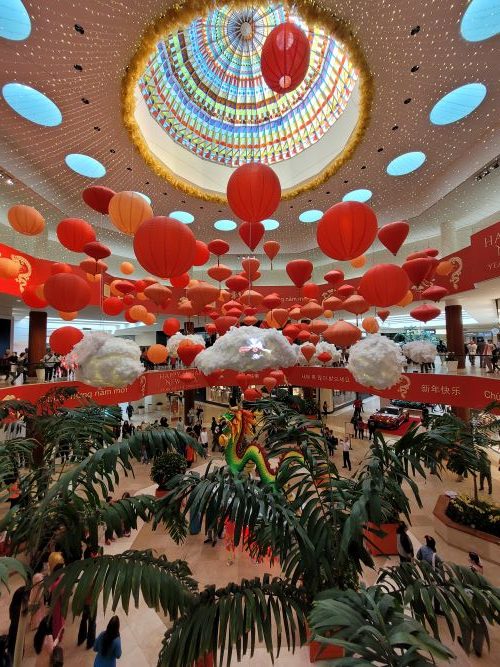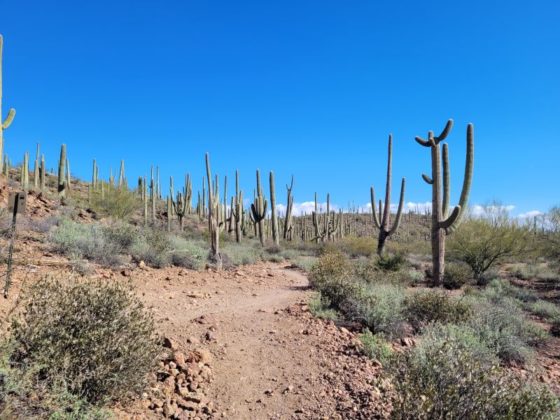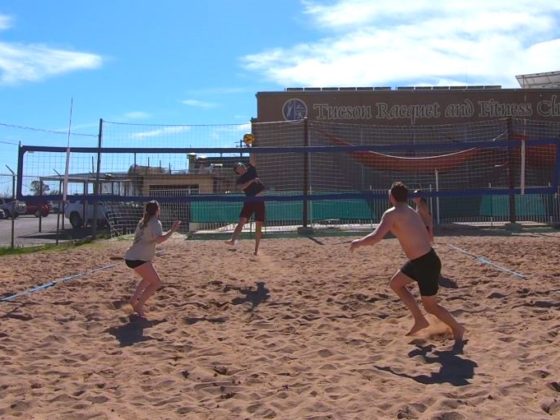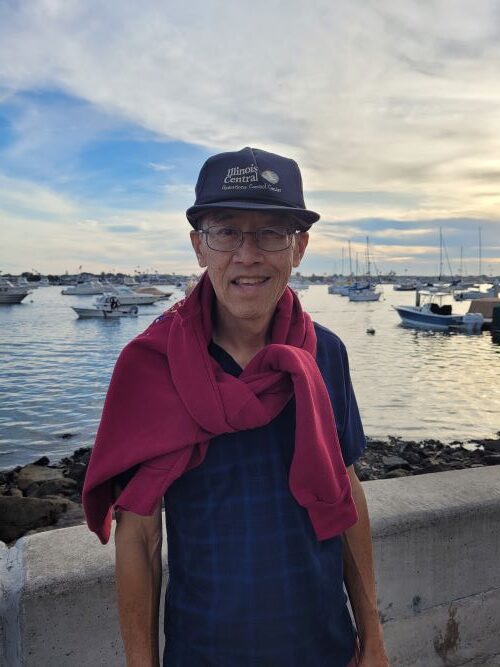Happy Chinese New Years! It’s the year of the Dragon.
I went back home to celebrate Chinese New Years with family as per tradition the last 5-6 years. Connecting with family is a main theme of Chinese New Years. It’s kinda like the Thanksgiving for the USA – it’s a time to celebrate by going back home to see family and eating good food with good people.
Here are some pictures of the food! I will say this – there’s just something about homemade food that hits home, especially on Chinese New Years. I briefly talk about the meanings of some foods you might see on a typical New Years Eve dinner here!
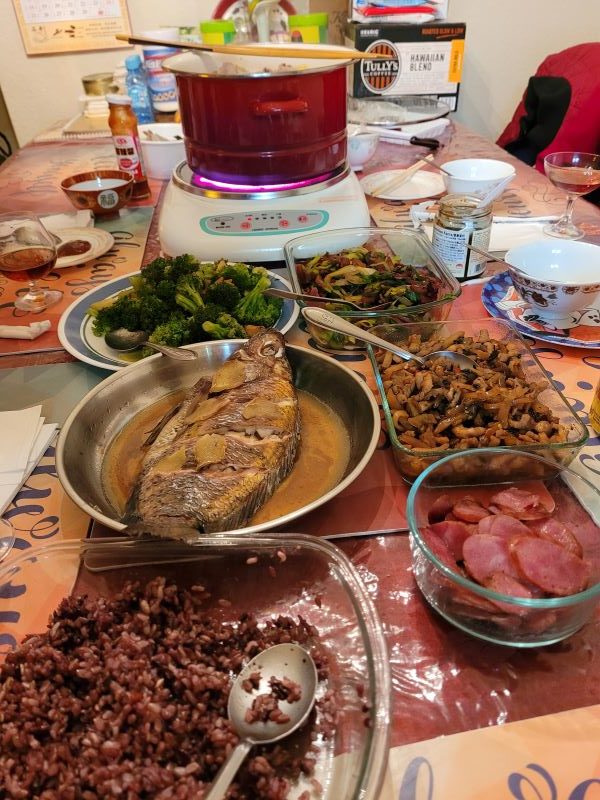
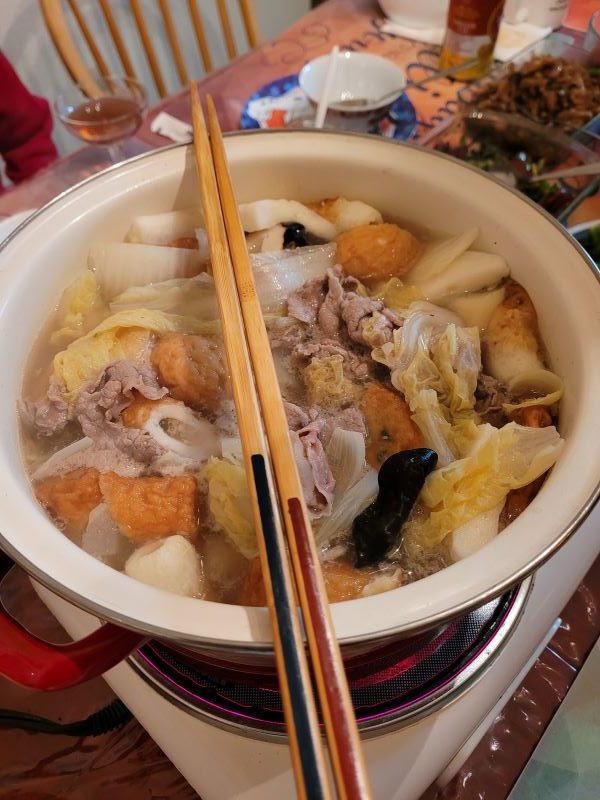
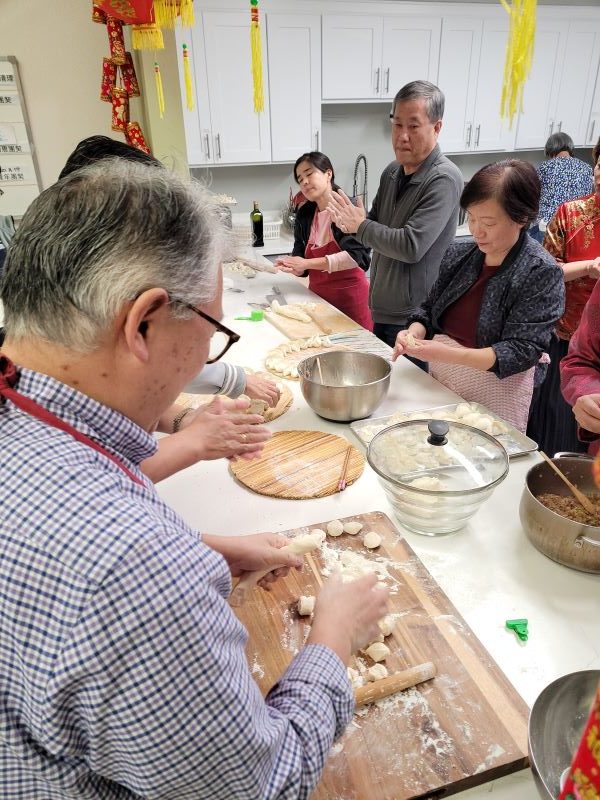
There were also a lot of places that celebrated Chinese New Years by showcasing lion dancing and just some beautiful decorations.
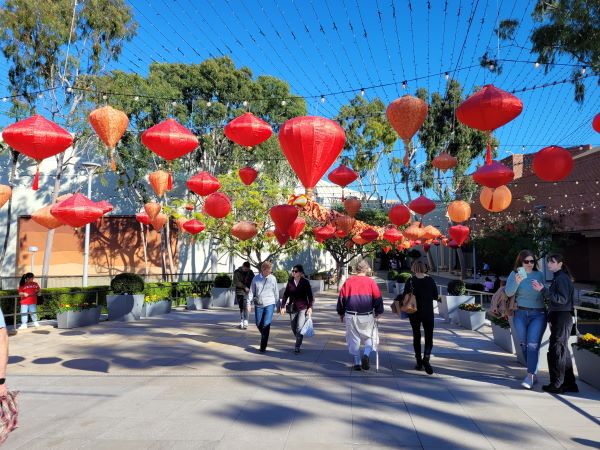
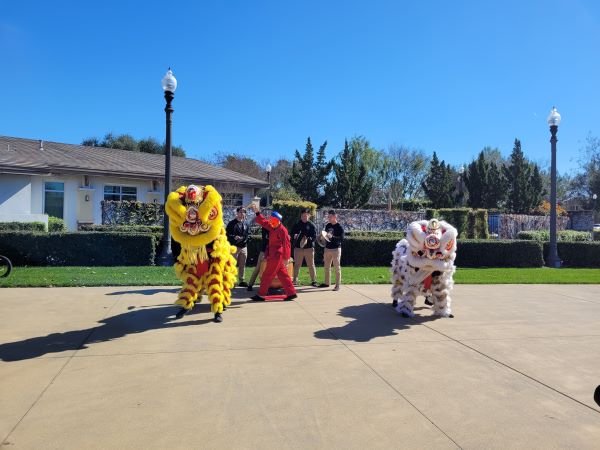
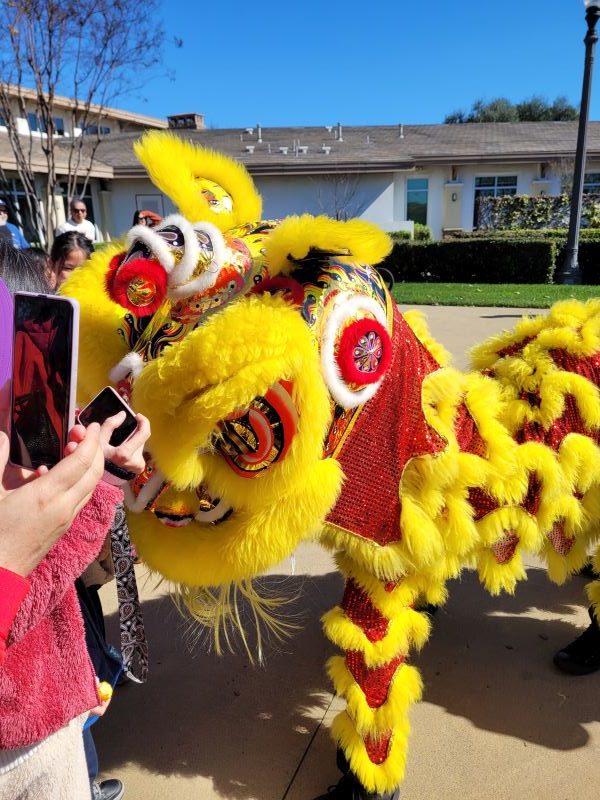
I also spent some time playing Chinese chess with my grandpa. He not only really enjoys watching people play but he is really good. I don’t know how good he was in his prime but I’ve probably won twice out of the 50 games or so that I’ve played against him. I won my second game over this Chinese New Years :).
What is my cultural ethnicity?
I culturally identity as an Asian. Specifically 50% Taiwanese and 50% Chinese. While I haven’t officially done them fancy tests like 23andMe to figure out my ancestry, I say I’m Asian.
What does it mean to be an Asian American?
To be honest, I don’t know…but I’m starting to explore what it means.
Personally, I take pride in being Asian. I click on “Asian (Not Hispanic or Latino)” on the race portion of job applications. I tell people that I’m Taiwanese/Chinese. I get excited when people ask me about decent Chinese food or about traditions/celebrations. I would feel honored if I took my non-Asian friends to my favorite noodle shop or Dim Sum restaurant.
So it’s been a bit weird and difficult to really pinpoint what being American Asian means to me. I find myself asking this question more and more for two reasons.
Will I still practice Asian traditions when I’m old?
I don’t know that either because I’m not confident I will but I know I want to.
As my parents and grandparents get older, I’m seeing the significance of these traditions through their stories and feelings. My grandparents get especially happy when I come back to celebrate traditions like Chinese New Years. They tell more stories about their lives and how they celebrated these traditions – these stories carry more emotional resonance now than when I was a kid.
Growing up, I never understood the significance of all the Asian traditions my family practiced. I never questioned them because I was essentially forced to participate in most of the Asian traditions like celebrating Chinese New Years. I also grew up in a predominately Asian American community so being Asian didn’t really feel all that unique. I saw all my friends celebrate and post about it on Facebook.
Now that I’m living in a predominately non-Asian environment and have less of a family influence on deciding to celebrate these traditions, I am appreciating the value of how these traditions strengthen my relationship with my family.
Living in a predominately non-Asian environment
The funny thing is that I’ve been living in a predominately non-Asian environment (~3% of my city/town is Asian) for the last 7 years, and it never occurred to me that I’m usually the only Asian in my friend groups.
Fortunately, people don’t treat me differently for being Asian.
At the same time, I don’t want to forget that I am an Asian American. I hope that makes sense. I still want to do things that make me a proud Asian like keep the plastic on the TV remote or…just kidding. It’s stuff like wearing red on Chinese New Years or eating and sharing Chinese foods with friends and family.
The heaviness of the cultural ethnicity term
This term cultural ethnicity has become a very sensitive and heavy term to bring up nowadays. For me, I think it’s because of how violent the environment can be for treating your specific ethnicity. You have people who become targets of racism. So people hide or discard their cultural ethnicity as a way to define themselves.
Fortunately, I think alienated or minority cultures has become increasingly accepted in the US. We have monthly celebrations for different cultures. I hope this trend continues in a positive direction.
I admit that I don’t know that much about my own Asian cultural ethnicity. It’s tough to answer these questions like “What is my ethnicity and how does ethnicity affect culture”. Regardless of how long the journey may be to finding that answer, I feel that I’ll learn a lot (and you too!) and be more self aware about how much my cultural ethnicity affects how I think and feel along the way. For any others who are experiencing the same, I want to encourage you to explore!
Happy Chinese New Years!
